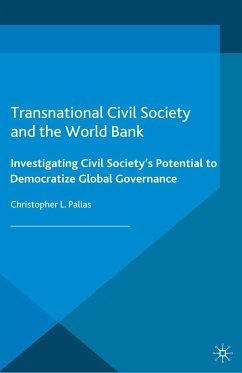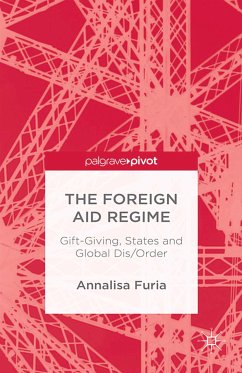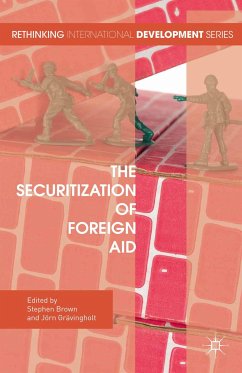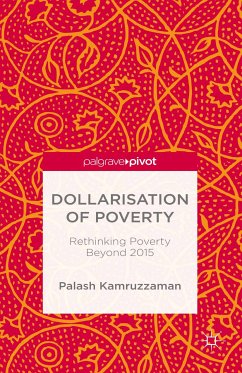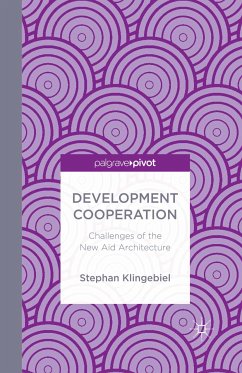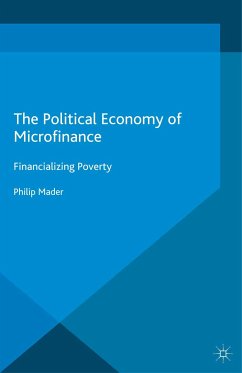Dieser Download kann aus rechtlichen Gründen nur mit Rechnungsadresse in A, B, BG, CY, CZ, D, DK, EW, E, FIN, F, GR, HR, H, IRL, I, LT, L, LR, M, NL, PL, P, R, S, SLO, SK ausgeliefert werden.
- Johannes Urpelainen, Department of Political Science, Columbia University, USA
"Drawing on detailed case analysis, Chris Pallas provides a welcome, measured, provocative critique of easy assumptions about the relationship between civil society and democracy in global governance."
Jan Aart Scholte, School of Global Studies, University of Gothenberg, Sweden and Department of Political Science, University of Warwick, UK

